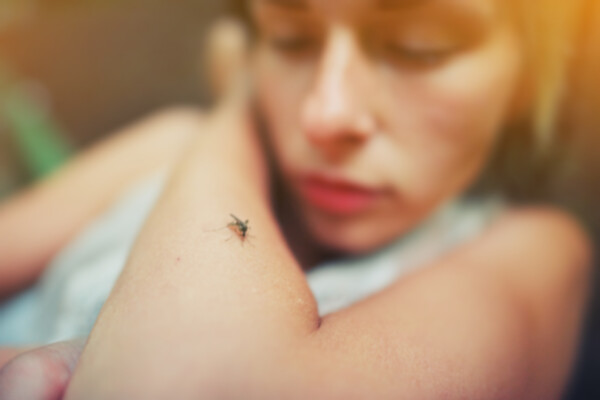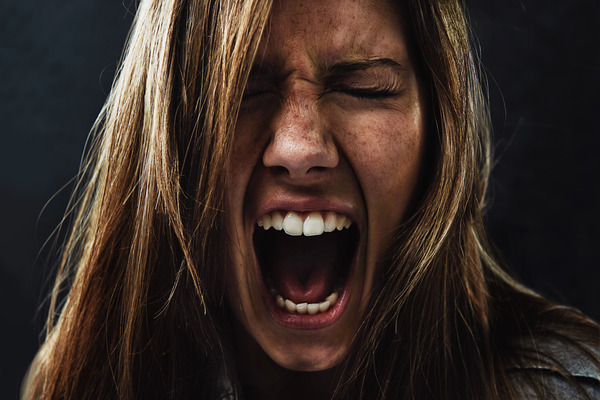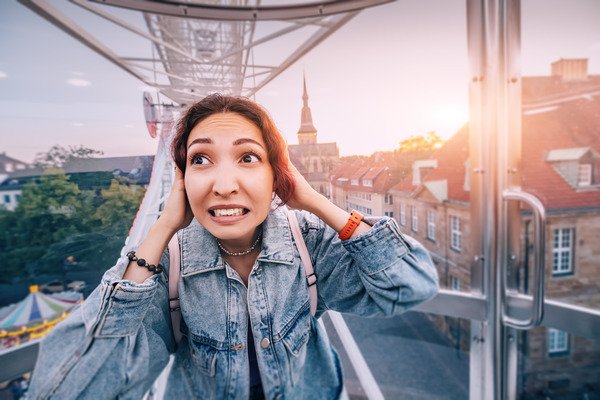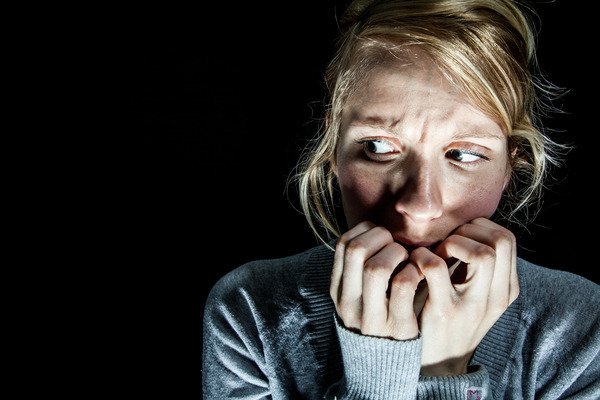Do you experience terror in the presence of insects? Does this fear stop you from going to certain spaces? Your fear of insects may be a phobia. Discover the main signs and how to deal with it.
There are people who, upon seeing spiders, bees or any type of bug, can end up experiencing a phobia so intense that it even limits some aspects of their life. The entomophobia This is an extreme and persistent fear that we can have of insects. But how can we know if we suffer from it?
What is entomophobia?
The entomophobia It is an extreme and persistent fear of insects. This is one of the most common specific phobias (that is, towards something specific). When experiencing a phobia, people feel overwhelming and considerable anxiety. That is, it is not just a fear of insects, but this terror ends up incapacitating the person and can even interfere with their daily activities.
Symptoms of entomophobia
The symptoms of entomophobia They can vary from mild to extreme depending on the situation or the person themselves. The main symptoms experienced in this disorder are the following:
- Extreme anxiety: People who suffer from this fear of insects often suffer from anxiety when they are seeing or thinking about insects. This fear can become disabling, even generating avoidant behaviors.
- Obsessive thoughts: Those who suffer from this phobia may end up having too many thoughts about how they can avoid encountering insects that cause this discomfort.
- Avoidance: Entomophobia also causes people to avoid at all costs those places that may contain the presence of insects.
- Physical symptoms : Phobias also involve a series of physical reactions such as severe itching, a tingling sensation throughout the body, chills, excessive sweating or even stomach upset or indigestion.
If you feel identified with many of these symptoms, it is very likely that you are experiencing a irrational fear of insects that may be affecting you more than it should. Given these signs, we recommend that you go to a professional psychologist.
Causes of entomophobia
Some of the factors that can increase a person’s chances of developing a phobia are:
- Genetics: Having a close family member who suffers from a phobia can influence the development of this type of disorder.
- Traumas: Having experienced a traumatic situation related to insects during childhood can also cause the development of this type of phobia.
- Learned behaviors: Children usually pay attention to how their parents react to certain situations. If your parents were very afraid of insects, this can lead to them ending up feeling the same discomfort or developing a phobia.
Phobias related to entomophobia
Some phobias related to entomophobia are the following:
- Apiphobia or melissaphobia: Phobia of bees
- Arachnophobia: Phobia of spiders
- Helmintrophobia, scoleciphobia or vermiphobia: Phobia of worms
- Katsaridaphobia: Phobia of cockroaches
- Myrmecophobia: Phobia of ants
- Pteronarchophobia: Phobia of flies
- Spheksophobia: Phobia of wasps

What are the main treatments for entomophobia?
One of the most common therapies consists of gradual and supervised exposure to what generates the phobia. Through the practices and advice of a professional, people can end up managing all the symptoms that are related. In addition, during exposure therapy, it will also allow you to learn the following tools to cope with the phobia:
- Learn relaxation and breathing techniques to use during the exposure
- Analyze and learn to talk about your fear of insects
- Understand where this phobia comes from and how it can affect you
Other of the most used techniques for manage this type of phobias are the following:
- Cognitive behavioral therapy (CBT): This therapy will help you change the way you see yourself and react to what causes your phobia or triggers its symptoms.
- Hypnotherapy: Hypnosis involves using guided relaxation techniques and focused attention to modify our perceptions of what causes the phobia in question.
- Drugs: Medications can help control the physical symptoms of anxiety, which may be advisable in more extreme cases.
- Practice yoga and meditation: Regular yoga or meditation practice also allows you to relax and reduce stress levels. In fact, meditation is ideal for helping you focus on your breathing and calm your body when you experience a panic attack.
The entomophobia It can have a big impact on your daily life. Some people may stop going to certain places to avoid insects and the fear that comes with them. That is, if this phobia is not treated, it can end up limiting you in different aspects. Luckily, if treated and worked on, the anxiety perceived in these situations can decrease and cease to be a problem that affects you at certain times in your life. Don’t let irrational fear stop you.









